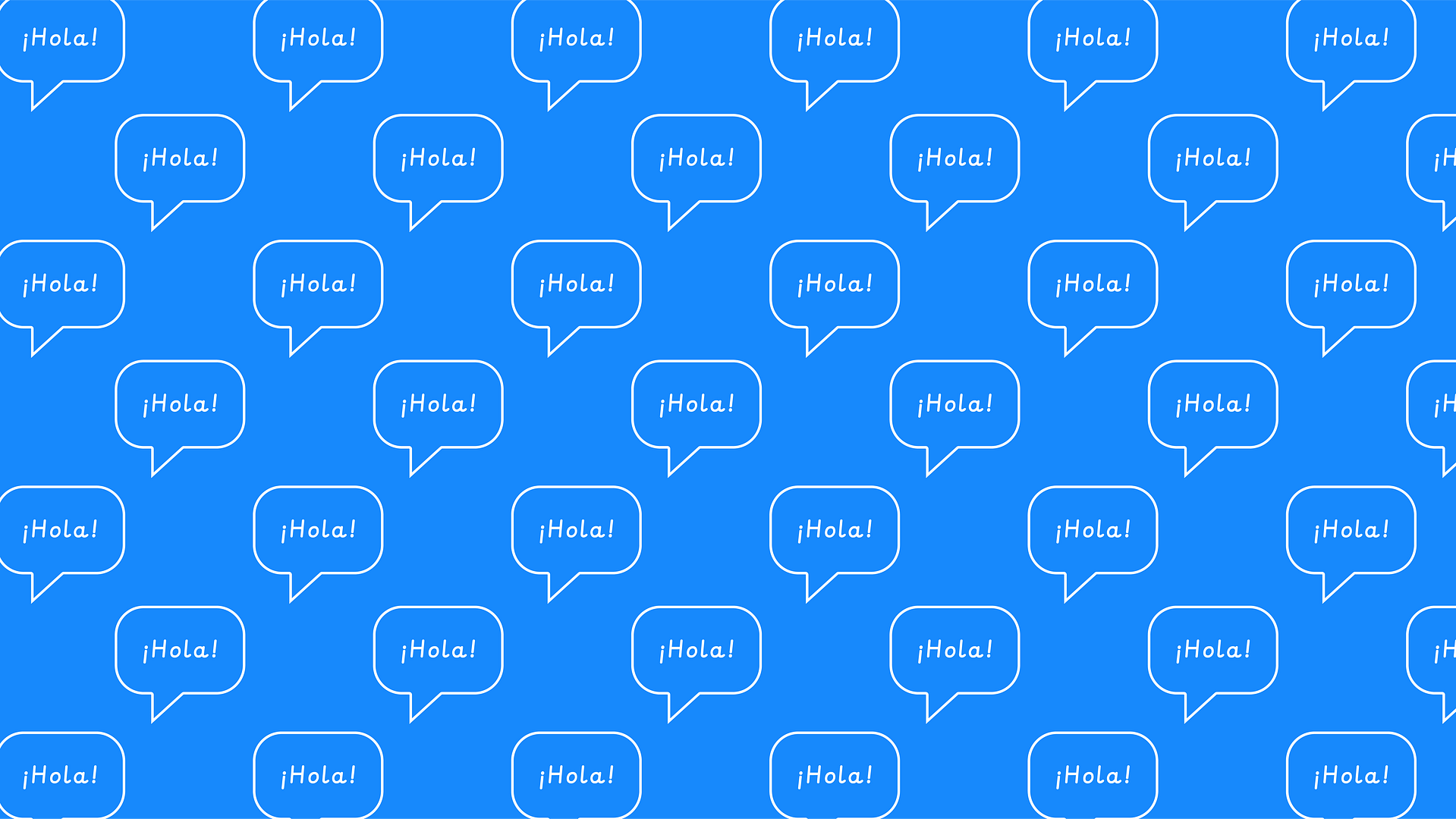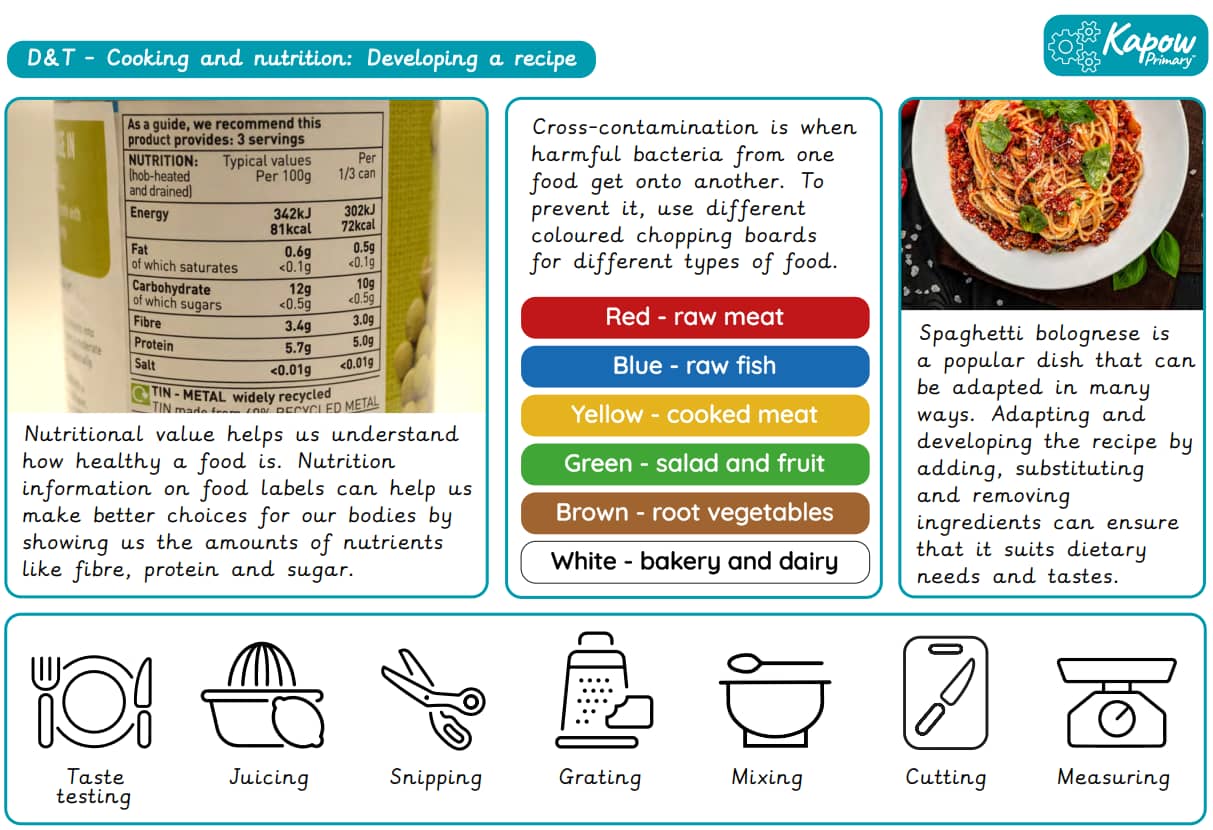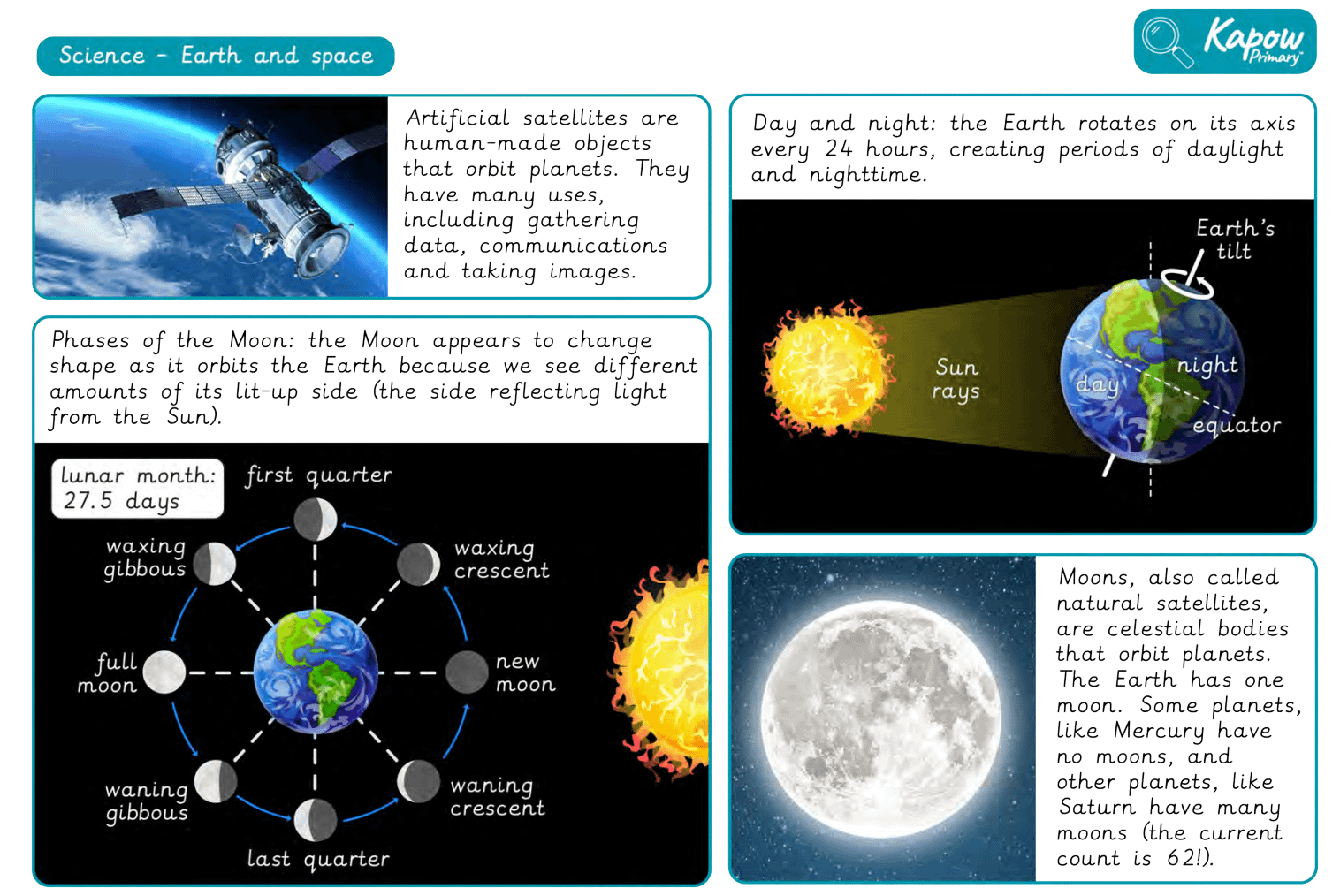
A Knowledge organiser that captures the essential knowledge and skills learnt throughout the unit French, Mixed Age Year 3/4 Cycle B, Fabulous French Food.
This French resource is designed to support the pupils as they learn vocabulary and phrases related to food and meals. It introduces key vocabulary such as fruits, vegetables, meals of the day, and common food-related expressions, helping the pupils develop their French-speaking, listening, and reading skills. The pupils will also learn how to order food, express preferences, and engage in simple conversations about meals and dining.
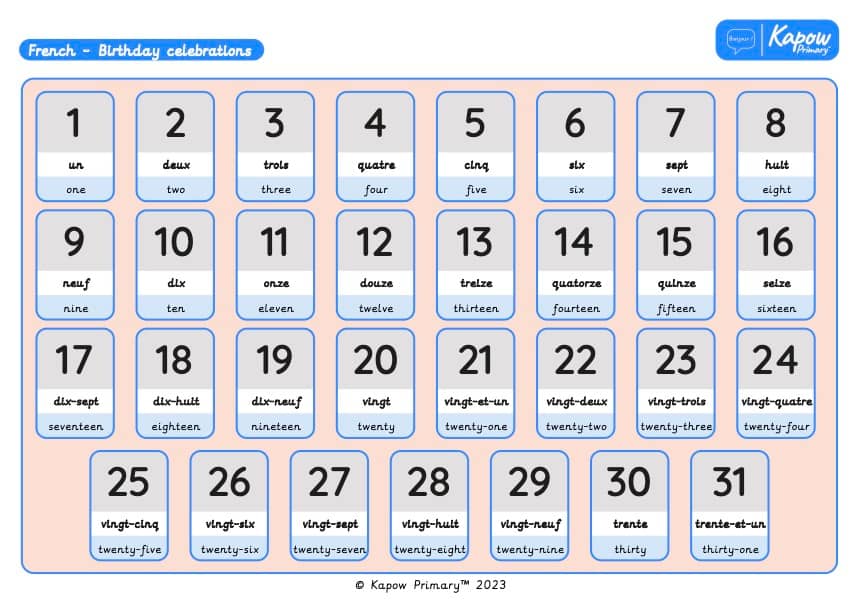
A Knowledge organiser that captures the essential knowledge and skills learnt throughout the unit French, Mixed-age Year 3/4 Cycle B, Birthday Celebrations.
This French resource is designed to support the pupils as they learn vocabulary and phrases related to birthdays and celebrations. It introduces key vocabulary such as months, numbers, party items, gifts, and greetings, helping the pupils develop their French-speaking, listening, and reading skills. The pupils will also learn how to say when their birthday is, describe birthday traditions, and engage in simple conversations about celebrations.
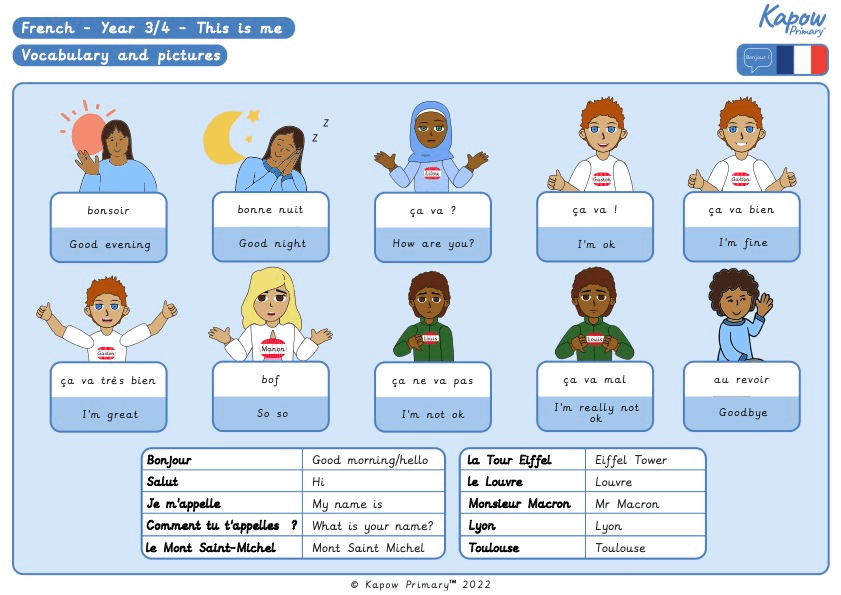
A Knowledge organiser that captures the essential knowledge and skills learnt throughout the unit French, Year 3/4 Cycle B, This Is Me.
This French resource is designed to support the pupils as they learn vocabulary and phrases related to personal identity and self-description. It introduces key vocabulary such as name, age, nationality, family, and hobbies, helping the pupils develop their French-speaking, listening, and reading skills. The pupils will also learn how to introduce themselves, describe their interests, and engage in simple conversations about personal information.
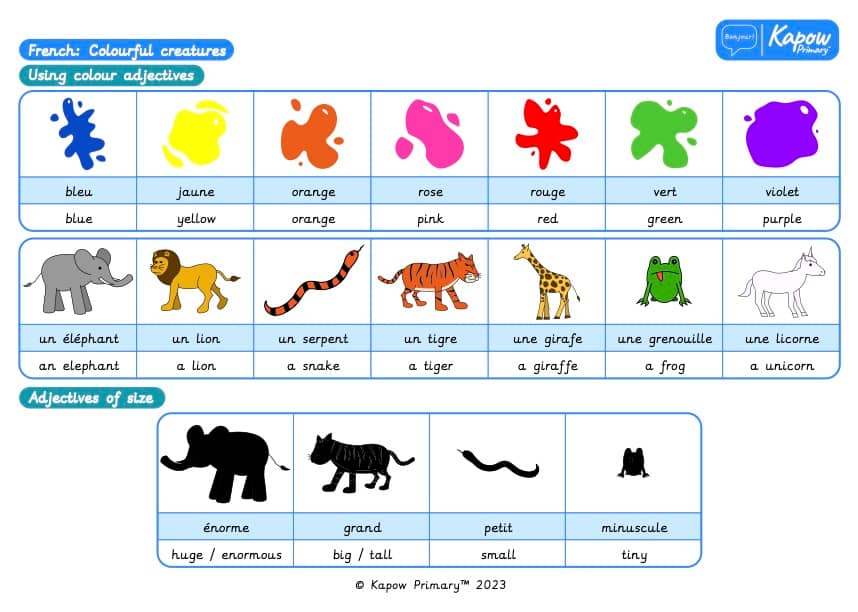
A Knowledge organiser that captures the essential knowledge and skills learnt throughout the unit French, Mixed-age year 3/4 (B), Colourful Creatures.
This French resource is designed to support the pupils as they learn vocabulary and phrases related to animals and colours. It introduces key vocabulary such as animal names, colours, adjectives, and descriptive phrases, helping the pupils develop their French-speaking, listening, and reading skills. The pupils will also learn how to describe animals using colours and simple sentence structures.
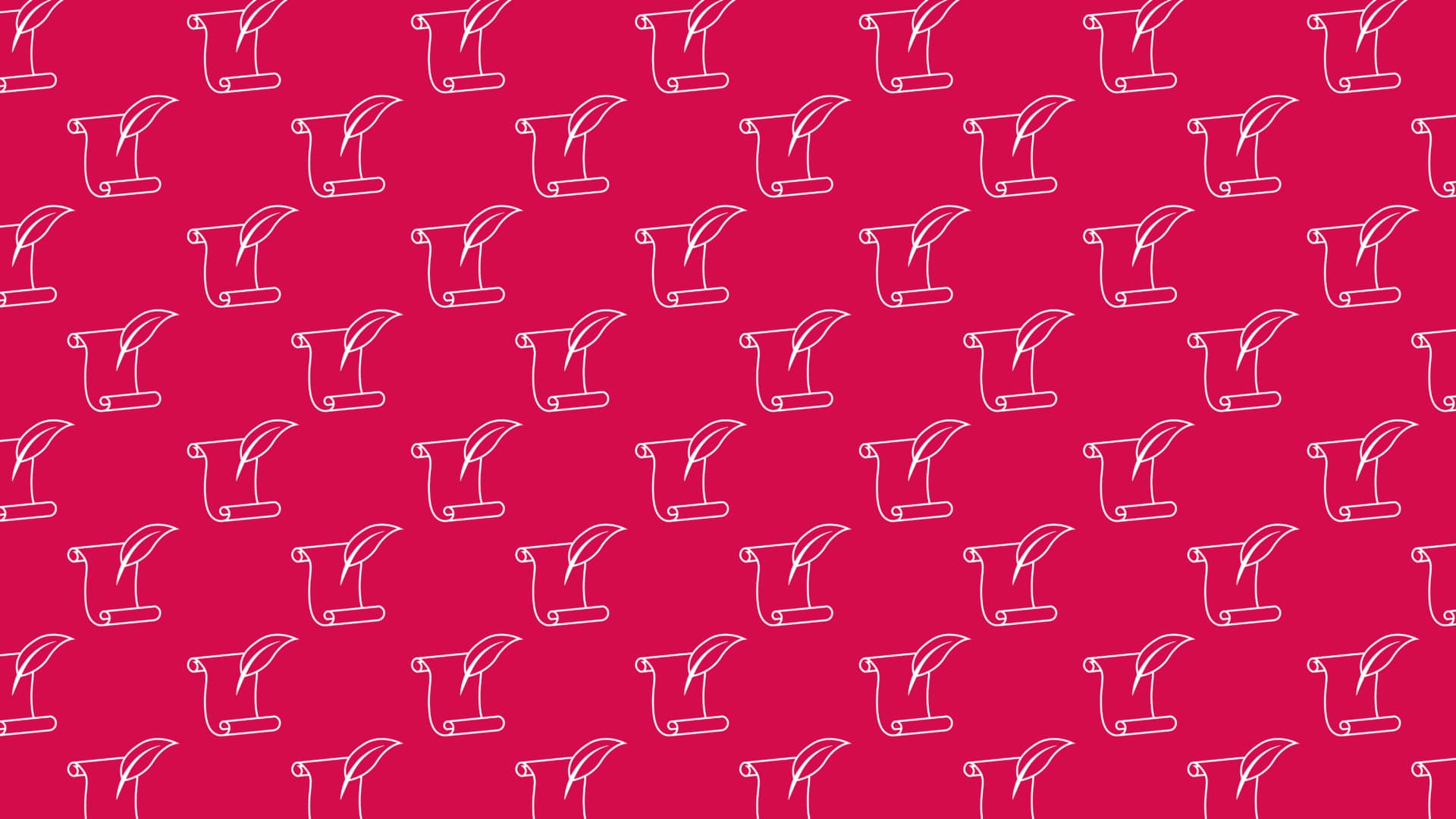
A Knowledge organiser that captures the essential knowledge and skills learnt throughout the Year 6 unit History, Y6, The Sikh Empire

A Knowledge Organiser that captures the essential knowledge and skills learnt throughout the unit RSE & PSHE, Year 4, Economic Wellbeing.
This resource is designed to support pupils in understanding how financial literacy and career choices impact personal and social wellbeing. It introduces key concepts such as budgeting, tracking spending, and evaluating value for money, alongside practical vocabulary like bank account, career satisfaction, influence, and security. Pupils learn to identify and challenge stereotypes, explore the changing nature of work, and understand that career paths are influenced by a range of factors. This resource encourages thoughtful financial decision-making and opens discussion about future aspirations and opportunities .


